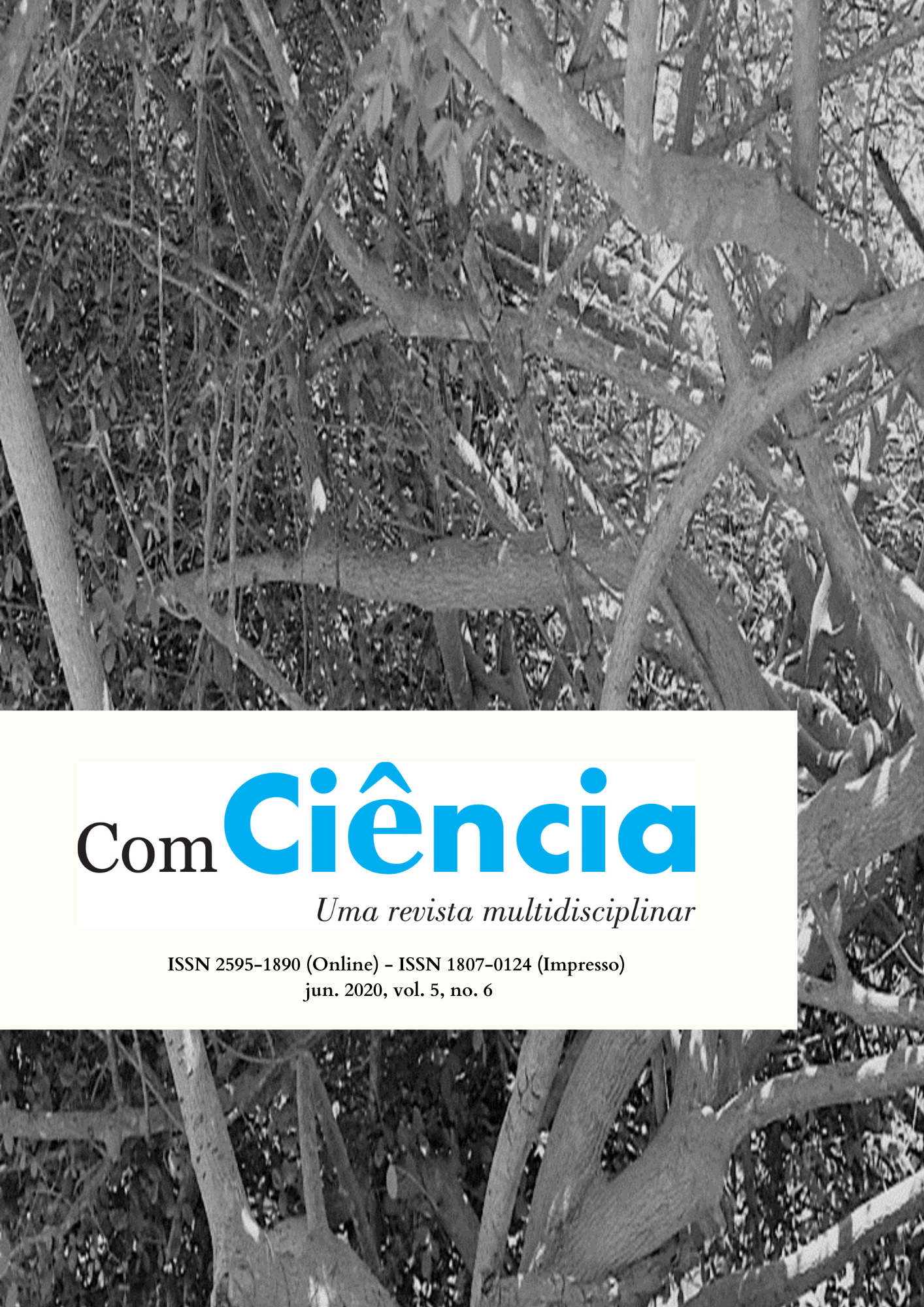Quality of life and aging of northeastern elderly women
DOI:
https://doi.org/10.36112/issn2595-1890.v5.i6.p74-78Keywords:
Aging, Family relationships, Quality of lifeAbstract
Objective: to reflect on the implications of family relationships on the quality of life of elderly women in the northeastern semiarid. Method: quantitative, descriptive and exploratory. The World Health Organization Qualityof Life-Bref and a situational diagnosis were used for data collection. Univariate and bivariate analysis were performed using the x² test, using the Stata program in version 10. Results and Discussion: Regarding the perception of quality of life, 68.4% of the elderly women considered it appropriate. Regarding family support, it was observed that the majority of elderly women have no cooperation from family members with 71, 8%, 72.2% and 72.4% of non-cooperation with financial resources, drug treatment and risk reduction for domestic accidents. The assessment of quality of life had a significant difference when associated with the family support received by the elderly. Conclusions: the family, as a synonym for care, must be prepared to meet the demands of the elderly, especially those who have some morbidity. It is worth mentioning that public policies that deal with the healthy aging process must include the awareness of family members and the attention of society.
Downloads
References
ALMEIDA, Alessandra Vieira et al. A Feminização da Velhice: em foco as características socioeconômicas, pessoais e familiares das idosas e o risco social. Textos & Contextos (Porto Alegre), v. 14, n. 1, p. 115 - 131, jan./jun. 2015.
BRASIL. Ministério da Saúde (MS). Cadernos de Atenção Básica: Envelhecimento e Saúde da Pessoa Idosa. Brasília: Ministério da Saúde (MS), 2006.
BRASIL. Ministério da Saúde. Conselho Nacional de Saúde. Comissão Nacional de Ética em Pesquisa. Resolução nº 466 de 12 de dezembro de 2012.
DIAS, Daniela da Silva Gonçalves Dias; CARVALHO, Carolina da Silva; ARAÚJO, Cibelle Vanessa de. Comparação da percepção subjetiva de qualidade de vida e bem-estar de idosos que vivem sozinhos, com a família e institucionalizados. Rev. bras. geriatr. gerontol., Rio de Janeiro , v. 16, n. 1, p. 127-138, Mar. 2013.
FARIAS, Rosimeri Geremias; SANTOS, Silvia Maria Azevedo dos. Influência dos determinantes do envelhecimento ativo entre idosos mais idosos. Texto Contexto Enferm, Florianópolis, v.21, n.1.p. 167-76, Jan-Mar.,2012.
GIL, A. C. Como elaborar Projetos de Pesquisa. 4ª edição. São Paulo: Atlas, 2010.
LUZ, Elizangela Pletschdaet al. Perfil sociodemográfico e de hábitos de vida da população idosa de um município da região Norte do Rio Grande do Sul, Brasil. Rev. bras. geriatr. gerontol., Rio de Janeiro , v. 17, n. 2, p. 303-314, 2014.
PIMENTA, Fernanda Batista et al. Fatores associados a doenças crônicas em idosos atendidos pela Estratégia de Saúde da Família. Ciência & Saúde Coletiva, v.20, n.8, p.2489-2498, 2015.
SATUF, Cibele Ventura Vieira; BERNARDO, Natália Sofia Capela Oliveira. Percepção do suporte social a idosos institucionalizados e não institucionalizados. Mudanças – Psicologia da Saúde, v.23, n.1 p. 11-19, Jan.-Jun. 2015.
SOUZA, Alessandra de et al. Conceito de insuficiência familiar na pessoa idosa: análise crítica da literatura. RevBrasEnferm, v.68, n.6, p. 1176-85, 2015.
Downloads
Published
How to Cite
Issue
Section
License
Copyright (c) 2023 Revista ComCiência, uma Revista multidisciplinar

This work is licensed under a Creative Commons Attribution-NonCommercial 4.0 International License.





